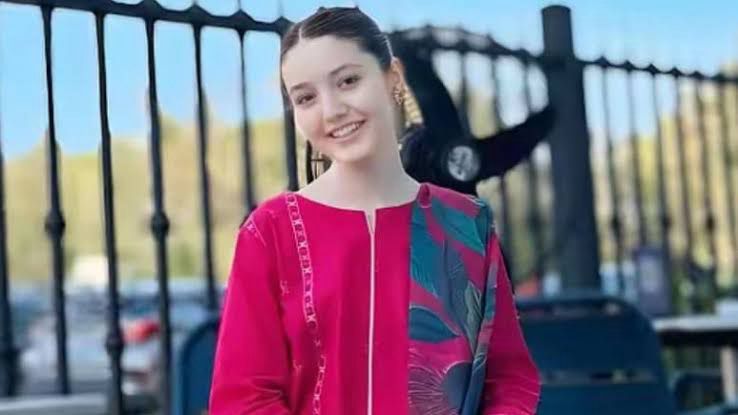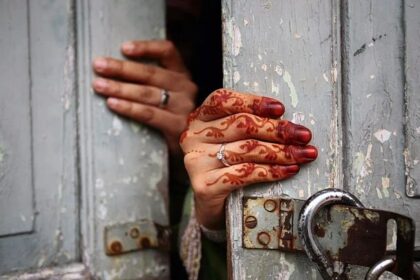She Said No. He Killed Her Anyway.
Seventeen. Sana Yousaf was just seventeen.
She didn’t get to grow up. She didn’t get to graduate, make mistakes, dream, or breathe freely. Instead, she bled to death on her bedroom floor. Why? Because she dared to say no. Because a man—her cousin, no less—felt entitled to her life, her love, her yes.
And when she said no, again and again, he picked up a gun and murdered her.
Let that sink in: Sana Yousaf, a bright, bold, beautiful girl with a growing voice and thousands of followers on TikTok—was murdered by Umar Hayat because she rejected him. Because he couldn’t own her, he ended her.
What kind of society allows men to believe they are owed a woman’s love? What kind of twisted masculinity teaches boys that rejection is humiliation that must be avenged with bullets?
Sana didn’t provoke anyone. She wasn’t “leading him on”. She wasn’t ‘too friendly’. She wasn’t ‘asking for it’. She was a teenager who said no, the simplest, most human right in the world. And yet it cost her everything.
Mama, mujhe goli lag gayi hai.
(Mama, I’ve been shot.)
Those were her last words. Try to imagine them. Not from your head, but your gut. Imagine her mother’s hands trying to stop the bleeding, her screams as her daughter’s eyes went blank.
And then tell me this is just another ‘family dispute’.
Tell me this isn’t about how boys are raised to believe no is a challenge—not a boundary.
This wasn’t an isolated crime. This is part of a pattern:
Women in Pakistan—and all over the world—are being murdered for saying no.
We say no, and we’re called rude.
We say no, and we’re called sluts.
We say no, and we get stalked.
We say no, and we get killed.
Sana was buried in Chitral, the place she once called home. The same place where girls grow up learning to stay small, to stay quiet, and to stay careful. But Sana wasn’t quiet. She danced. She laughed. She spoke. She lived out loud.
And now she’s dead.
So don’t tell me this is a tragedy.
It’s a femicide.
It’s a murder born of entitlement, patriarchy, and silence.
And if you’re not angry, you’re not paying attention.
















